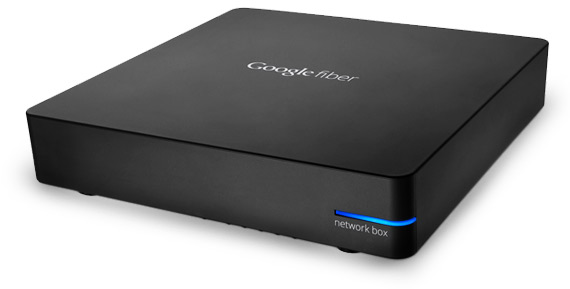Google could disrupt U.S. broadband


Google’s announcement today of its intentions to deliver superior broadband speeds at a better value is welcome news. Google is exploring entering into the Atlanta, Nashville and San Jose areas. It also needs to ensure the quality delivery of its services, which is in question, as net neutrality has come under attack by operators.
Google has good reason to be concerned: there’s scant competition in major U.S. cities where broadband services are controlled by monopolies, duopolies and oligopolies - despite claims of highly competitive markets. U.S. consumers pay more for less comparative to the world, and that could inhibit Google’s growth.
U.S. high-speed Internet services fare poorly in value against ISPs in other countries. A 500-megabit data services will cost $25 a month in Hong Kong and around $30 in Seoul, due to fierce competition in the marketplace. Prices in the U.S. are far afield.
Verizon's fastest FIOS services (where available) that run at an equivalent speed cost over $310 per month. Contrast that with Google, which could soon be delivering its one-gigabit-a-second high-speed Internet service in nine U.S. metropolitan areas.
Google Fiber’s first deployment was in Kansas City in 2011, where it charges US$70/month for broadband access and nothing for basic services. In comparison, I pay over around the same for 30Mbps from Time Warner, and it’s not a great service by any means. There's just no other choice in my building.
That’s why Google’s fiber plans are so significant. Its Kansas City deployment and its subsequent expansion into the nearby Missouri suburbs compelled AT&T to up its game. The telecommunication giant also responded to Google's Austin, Texas Fiber service by building out its own “GigaFiber” network there late last year.
AT&T’s pricing isn’t publicly facing, and services will start at speeds up to 300Mbp. Would it have acted without a gut punch from Google? Probably not. Let competition determine what the market delivers.
This post was originally published on Smartplanet.com